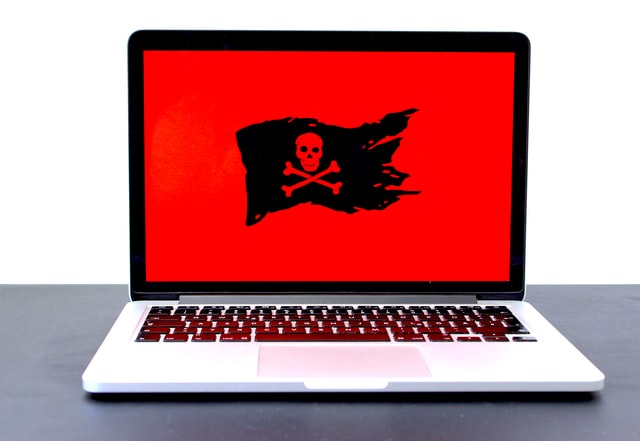A computer virus is malware software that enters your system without permission. Most commonly spread via email or instant messaging (IM), these malicious files can damage your data, steal personal information, or even block access to your device. Your computer is probably full of these threats, but they don’t necessarily have to slow down your machine. There are several ways you can get rid of them yourself, including running antivirus programs and using security software.

Identifying Viruses
You may not always be able to tell when a file is a virus just by looking at it. Even if the file appears to contain an image, movie, or document, there could still be something hidden inside. To avoid being fooled into thinking that a file is safe visit https://www.francaisonlinecasinos.net, make sure to look for details like:
* A digital signature that shows who created the file
* A copyright statement with a valid web address showing where the file was downloaded from
* An online description of the content contained in the file
* A file size smaller than what is expected for the type of media
Antivirus Programs
To protect against viruses as well as other forms of malware, install an anti-virus program on all of your computers. If you use Windows 7 or 8, you can download Microsoft Security Essentials free from microsoft.com/securityessentials. The AntiVir® Free Edition has no ads, so it doesn’t cost anything to use. It scans all documents and emails before they arrive on your desktop and warns about any potentially harmful messages.
Security Software
Another way to combat viruses is through the use of security software. This is software that automatically works alongside your antivirus programs to help secure your PC. You should also keep your operating system up-to-date to ensure better protection against new types of viruses and spyware. Some security programs will show which programs are installed on your computer, while others offer privacy features such as blocking unwanted website tracking. Many security solutions include ad-blocking software, too.

Many developers offer the ability to remove those pesky viruses on its own and we recommend the following free tools:
- Avira Antivirus Free
- Malwarebytes Anti-Malware
- Kaspersky Internet Security
Ensure Complete Wipe
If you want to completely wipe away any traces of ransomware, booting your computer in Safe Mode may prevent it from accessing information off your hard drive. Download Malwarebytes Live Scanner to scan your computer for this threat and then follow their instructions for complete deletion. Also make sure you back up any important files from your PC beforehand, either manually or using automated cloud backup services.
Conclusion
Note that the complete packages of some of these apps and services require real money; however, most of them are completely free. We suggest downloading one that best suits your needs before buying. Also note that none of the product information above has any affiliation with any of the brands listed within. They merely provide reviews of different products and services. Thank you for reading!
